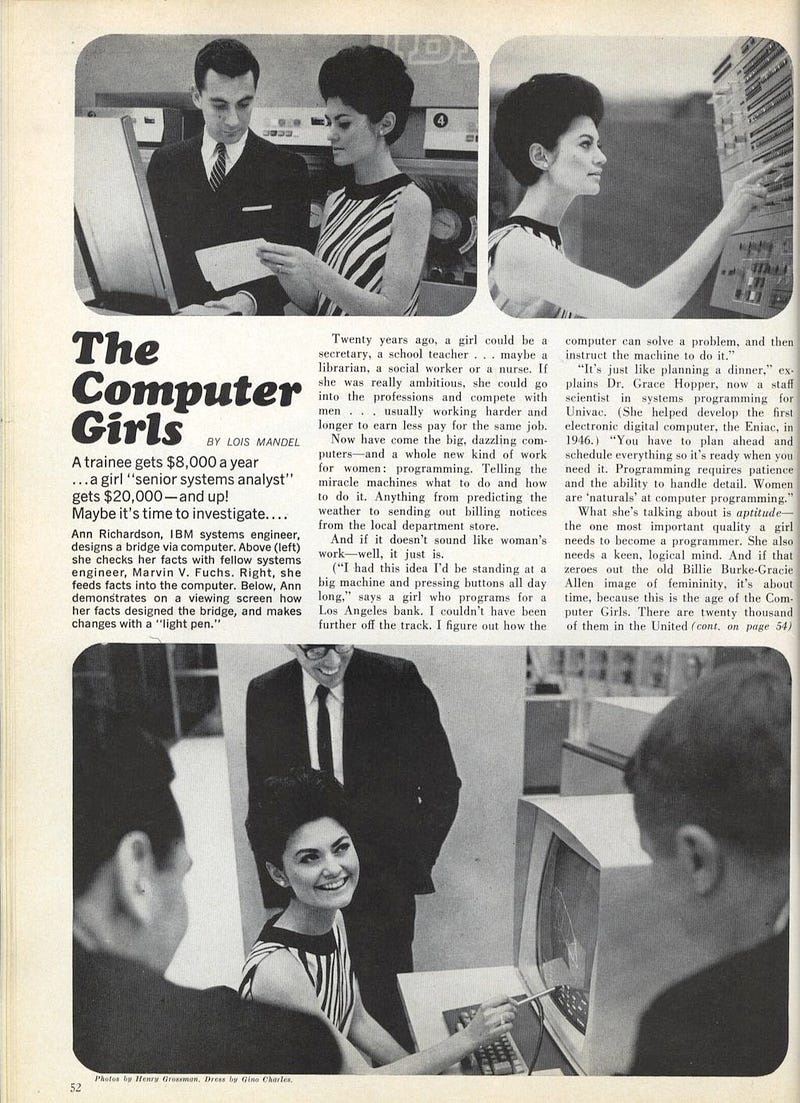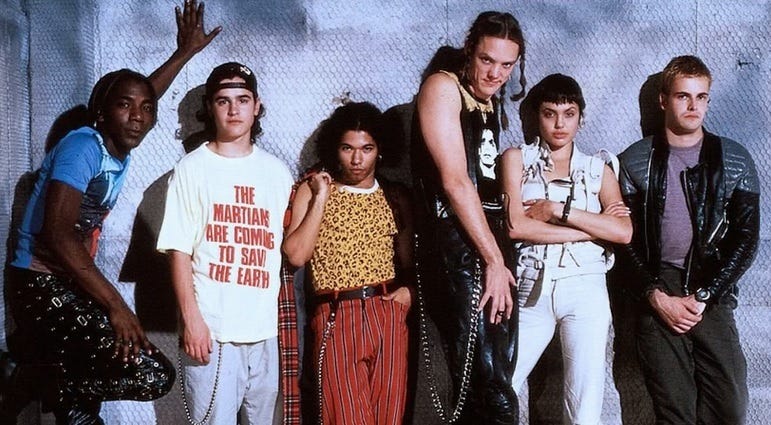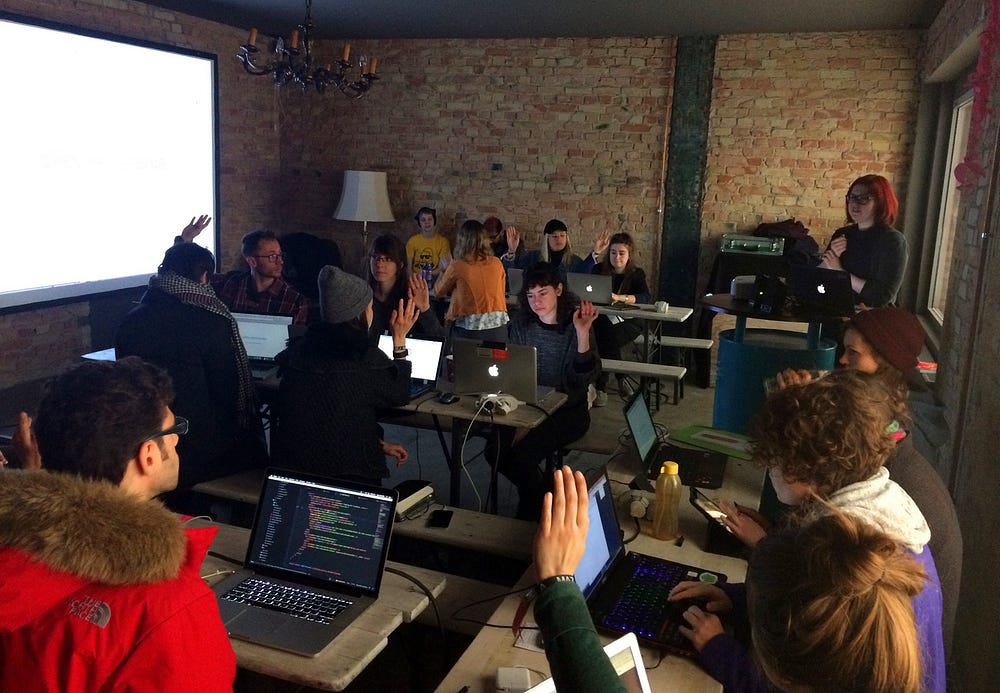How exclusive tech events can foster an inclusive tech community
The modern tech scene has a stereotype. Many people don’t fall into it and they therefore are put off joining the tech community. Events that focus on underrepresented groups can help show that tech can be a fun place for everyone.
I’m going to talk about what the perceived tech stereotype is, what the difference between inclusive and exclusive events are and why exclusive events are beneficial to the tech community as a whole.
Tech Stereotypes

Tech stereotypes from the 60s — Cosmopolitan magazine article on women working with technology

Tech stereotypes from the 90s — Hackers (1995)

Modern tech stereotypes — Silicon Valley (2014)
Depending on where you are in the world and your experiences, your thoughts on the modern tech stereotype may be different, but for myself and many others; tech is made up of white able-bodied cisgendered heterosexual men.
Exclusive events
Exclusive events, in this case are events that are not open to everyone; here I’m specifically referring to the ones targeted at marginalised groups.

One of Code Liberation’s workshops
If you aren’t part of the tech stereotype you may be hesitant to go to events and spaces marketed towards the generic tech crowd, you don’t want to be the only person who isn’t a white able-bodied cisgendered heterosexual man. Exclusive events and groups can provide the space where:
People can immediately know they are welcome
This makes these events a great entry point for people to get into tech. Seeing that an event was made for people like you makes it clear what type of people will be in that space.
Attendees can meet others similar to them
They can then form networks, share experiences and find role models they can identify with.
Attendees know they will be safe
Knowing that the majority of people in a space will be similar to you means that you are more likely to be comfortable in that space.
Some example organisations and events and who they are for include;
- Code Liberation — “women, nonbinary, femme, and girl-identifying people”
- Codebar — “underrepresented people”
- Node Girls — ‘women, non-binary and trans folk’
- Queer Code London — ‘queer identifying people’
- Black Girls Code — ‘young women of color’
- Trans*Code — ‘trans and non-binary folk, allies’
- DiamondHacks — ‘women and other underrepresented genders in tech’
These are just a handful of the many communities that focus on on specific groups. There are many more, some focused solely on their audience and others that allow allies to attend.
They are a gateway to inclusive tech events, once an individual is in a tech community they are more likely to branch out and try others, they can use their existing community to find people to go with and to get recommendations for inclusive events.
Inclusive events
Inclusive events in this context are tech events open and welcoming to everyone. There is no hard set of rules or tick boxes that make an event inclusive. People normally go off recommendations from friends on which events are inclusive, which is why building up a network of people you trust is important. What constitutes inclusive is subjective and opinions on this can differ from person to person
How events can be inclusive
Inclusive events should have good codes of conducts, use inclusive language and need to be accessible. Like I mentioned above there is no strict set way to do it but I have written a post that makes a good introduction to making your event inclusive.
How this benefits the tech community
Exclusive events let more people join tech, this creates a more diverse community. More diversity means we have more views and perspectives on everything, which is beneficial for everyone.
Hopefully, this post has cleared up some things about why inclusive events and communities are valuable and how they add to the tech community as a whole.
If you have any questions, need anything explained more or just want to voice your opinion; leave a comment or @ me on Twitter.
Tagged in Tech, Community, Events, Inclusive Society, Code Of Conduct
By uve on July 28, 2017.
